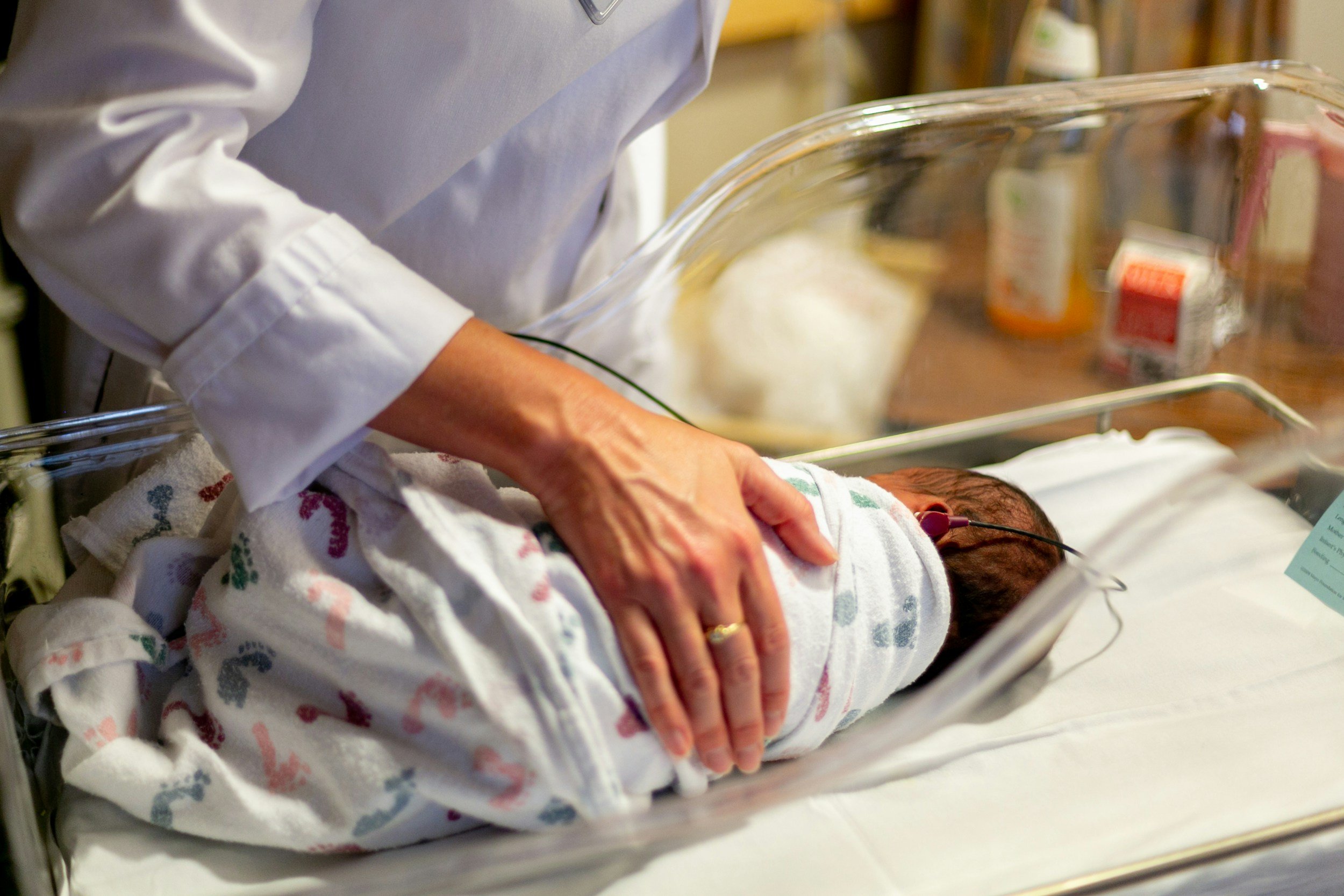
Signs of Labour
Labour is a natural, beautiful thing – and perhaps a little terrifying too. Understandably, because it’s the great unknown. Even if you’ve been through it before, there’s no guarantee this time will be the same as your previous experience.
Having your baby on their due date is rare: only about 1 in 20 people manage this. Usually, labour starts somewhere between 1 week before your due date and 2 weeks after it. If this is your first baby, the start of labour is normally gradual. It can last hours and stop and start over multiple days.

Understanding Preterm Labour: Causes, Risks, and What to Expect
Preterm labour occurs when contractions cause the cervix to open before 37 weeks of pregnancy, leading to the birth of a baby earlier than expected. While every pregnancy is unique, preterm birth can increase the risk of complications for both mother and baby. Early signs of preterm labour may include regular contractions, lower back pain, and changes in vaginal discharge. It's essential to recognize these signs and seek medical advice if you suspect early labour. Understanding preterm labour, its causes, and how to manage it can help you take proactive steps to ensure the best possible outcome for both you and your baby.
Did you know you can easily find specific topics by using the search bar? Simply type in what you're looking for, and you'll be directed to all the relevant information!

